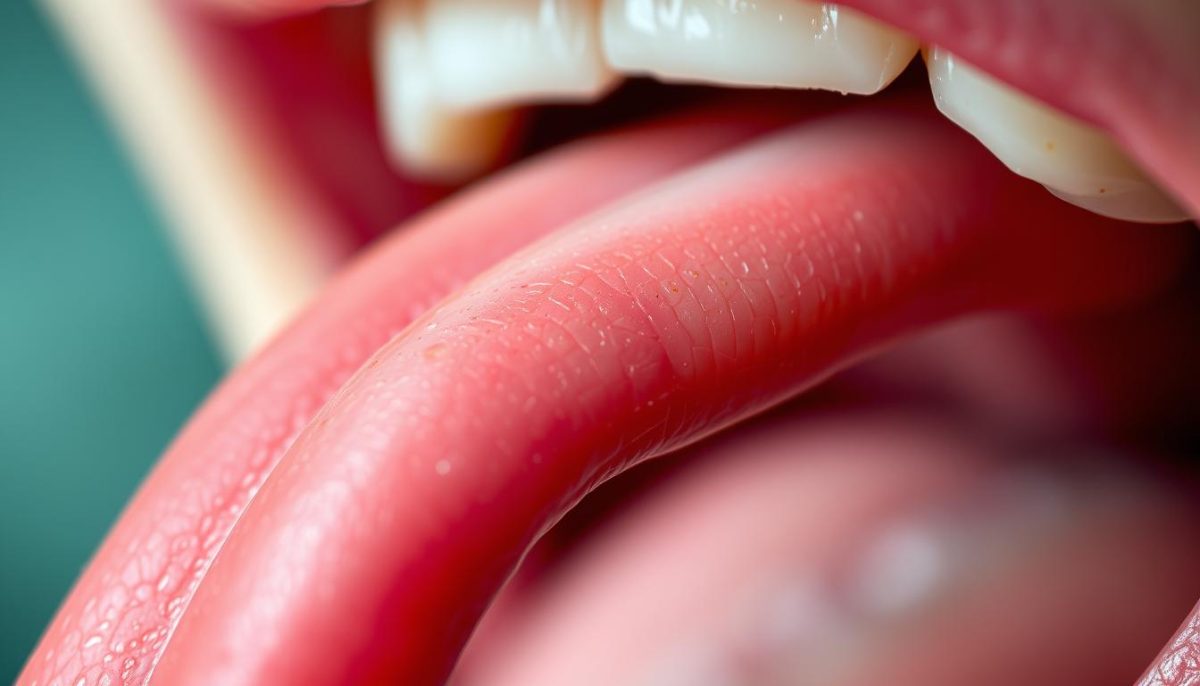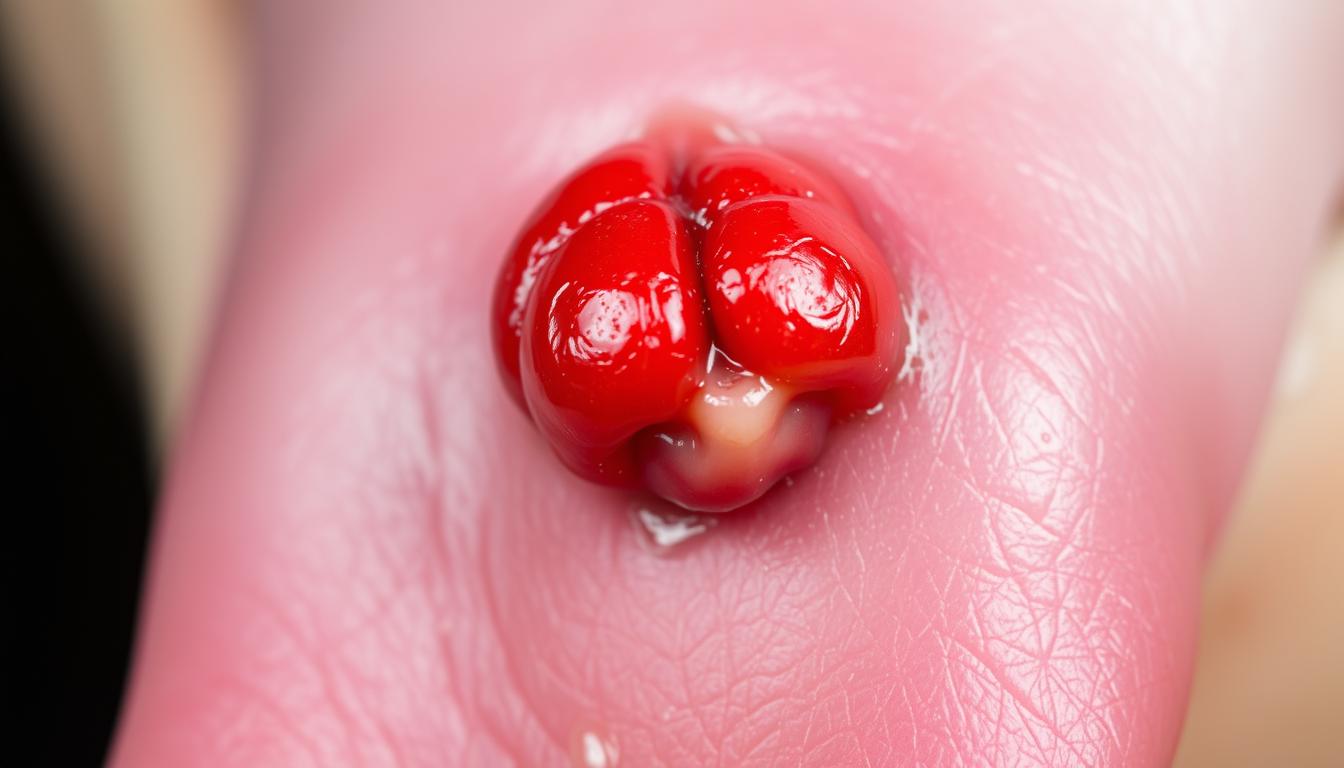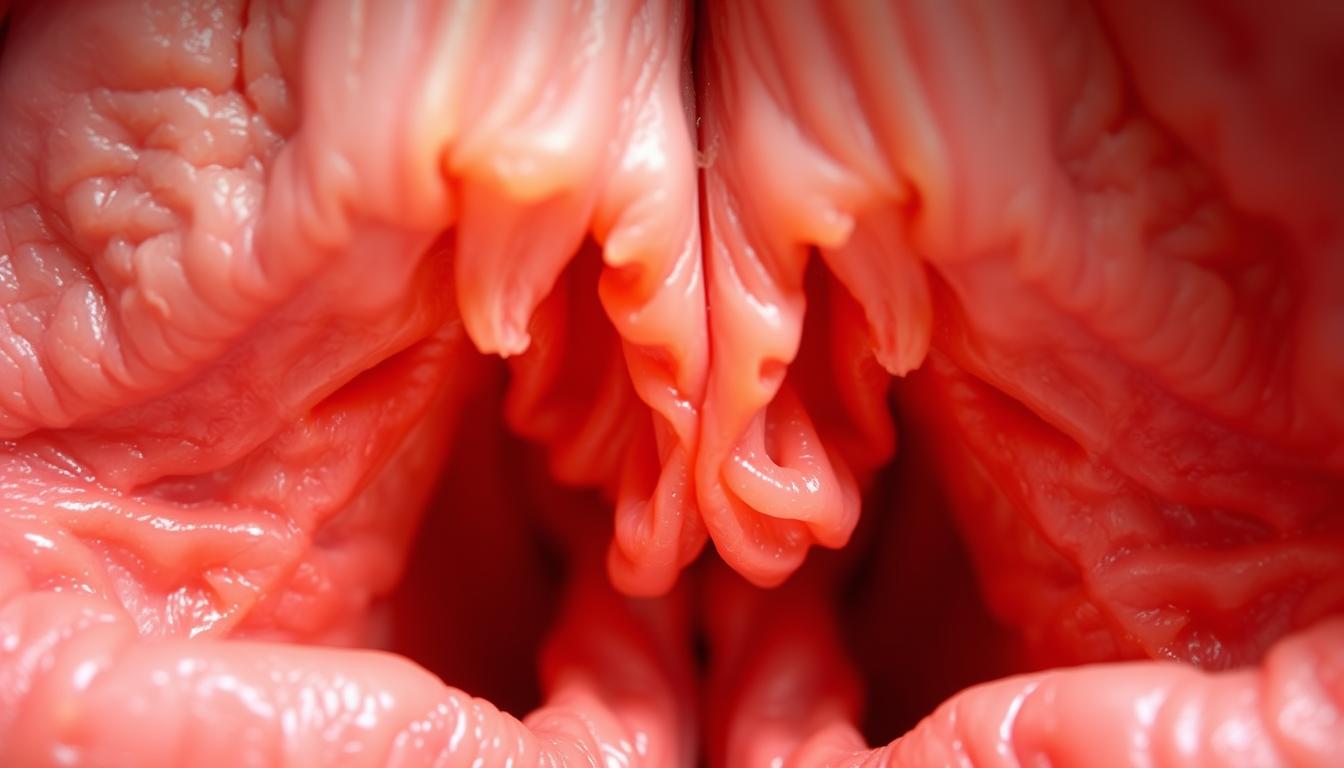As we navigate the complexities of our oral health, one common issue that can arise is the appearance of a swollen taste bud on the tip of the tongue. This peculiar sensation can be both inconvenient and concerning, leaving many of us wondering about the underlying causes and how best to address it. In this comprehensive guide, we’ll explore the anatomy of taste buds, common symptoms, and when to seek medical attention, as well as effective home remedies to provide relief.
Maintaining a healthy and functioning sense of taste is crucial for our overall well-being, and understanding the root causes of taste bud inflammation can empower us to take proactive steps towards managing this condition. Whether it’s due to dietary factors, irritation, or an underlying medical condition, we’ll delve into the common triggers that can lead to swollen taste buds and offer practical solutions to address this often-overlooked aspect of our oral health.
Understanding Swollen Taste Bud on Tip of Tongue
Taste buds, those tiny sensory organs on our tongues, play a pivotal role in our ability to perceive flavors. When one of these buds becomes swollen and irritated, it can lead to a range of unpleasant symptoms. Let’s delve deeper into the anatomy of taste buds and explore the common signs and symptoms associated with this condition.
Anatomy of Taste Buds and Their Function
Our tongues are covered in tiny, mushroom-shaped structures called papillae, which house the taste receptors known as taste buds. These buds contain specialized cells that detect the five primary taste sensations: sweet, sour, salty, bitter, and umami. When we consume food or drink, the taste receptors in the taste buds send signals to the brain, allowing us to experience the unique flavors.
Common Symptoms and Signs
A swollen taste bud on the tip of the tongue can manifest in various ways. Common symptoms may include:
- Localized pain or discomfort in the affected area
- Burning or stinging sensation on the tongue
- Changes in taste perception, such as a metallic or altered taste
- Increased sensitivity to hot, spicy, or acidic foods
When to Be Concerned About Swollen Taste Buds
In most cases, a swollen taste bud is a minor, temporary inconvenience that resolves on its own. However, if the swelling persists for more than a few days or is accompanied by severe pain, unusual discharge, or difficulty swallowing, it’s important to seek medical attention. These signs may indicate an underlying condition, such as an infection or a more serious health concern, that requires professional evaluation and treatment.

By understanding the anatomy and function of taste buds, as well as the common symptoms associated with swollen taste buds, you can better recognize and address this common oral discomfort. If the issue persists or worsens, don’t hesitate to consult with a healthcare professional for proper diagnosis and treatment.
Common Triggers That Cause Taste Bud Inflammation
Our taste buds play a vital role in our sensory experience of food and drinks. However, certain factors can trigger inflammation in these delicate structures, leading to a range of unpleasant symptoms. As we explore the common causes of taste bud inflammation, it’s important to understand how our dietary choices, lifestyle habits, and underlying health conditions can impact our oral health.
One of the primary culprits of taste bud inflammation is the consumption of spicy foods. The capsaicin found in chili peppers and other hot ingredients can irritate the taste buds, causing them to swell and become sensitive. Similarly, acidic beverages like citrus juices, coffee, and soda can also contribute to taste bud inflammation due to their low pH levels.
In addition to dietary factors, oral infections, such as canker sores or thrush, can also lead to swollen taste buds. These conditions can cause discomfort and make it difficult to fully enjoy the flavors of our favorite foods and drinks. Furthermore, habits like smoking can also negatively impact the health of our taste buds, leading to inflammation and a diminished sense of taste.
Understanding the potential triggers for taste bud inflammation is the first step in addressing this common issue. By identifying and addressing the underlying causes, we can take proactive steps to maintain the health and sensitivity of our taste buds, ensuring that we can fully savor the flavors of our meals and beverages.
“Paying attention to the health of our taste buds is crucial for enjoying the full sensory experience of food and drinks.”

- Spicy foods containing capsaicin
- Acidic beverages like citrus juices, coffee, and soda
- Oral infections such as canker sores or thrush
- Smoking and other lifestyle habits
Natural Home Remedies and Treatment Options
When it comes to managing swollen taste buds on the tip of your tongue, we understand the importance of finding soothing and effective solutions. Fortunately, there are several natural home remedies and treatment options that can provide quick relief and promote faster healing.
Salt Water Rinses and Their Benefits
One of the simplest and most effective remedies is a warm salt water rinse. The antiseptic and anti-inflammatory properties of salt can help reduce swelling and alleviate discomfort. To use this method, simply dissolve a teaspoon of salt in a glass of warm water and gently swish it around your mouth, focusing on the affected area, before spitting it out. Repeat this process several times a day for best results.
Cold Compress Applications
Applying a cold compress to the area can also help reduce inflammation and soothe the discomfort associated with swollen taste buds. Wrap a few ice cubes in a clean cloth or paper towel and gently press it against the affected part of your tongue for 5-10 minutes, several times a day. The cooling effect can provide immediate relief and help shrink the swollen taste bud.
Dietary Modifications for Quick Relief
In addition to topical remedies, paying attention to your diet can also help manage swollen taste buds. Incorporating more oral hygiene, soothing remedies, tongue care, and anti-inflammatory foods into your meals can accelerate the healing process. Try to avoid spicy, acidic, or excessively hot foods that may further irritate the sensitive area.











